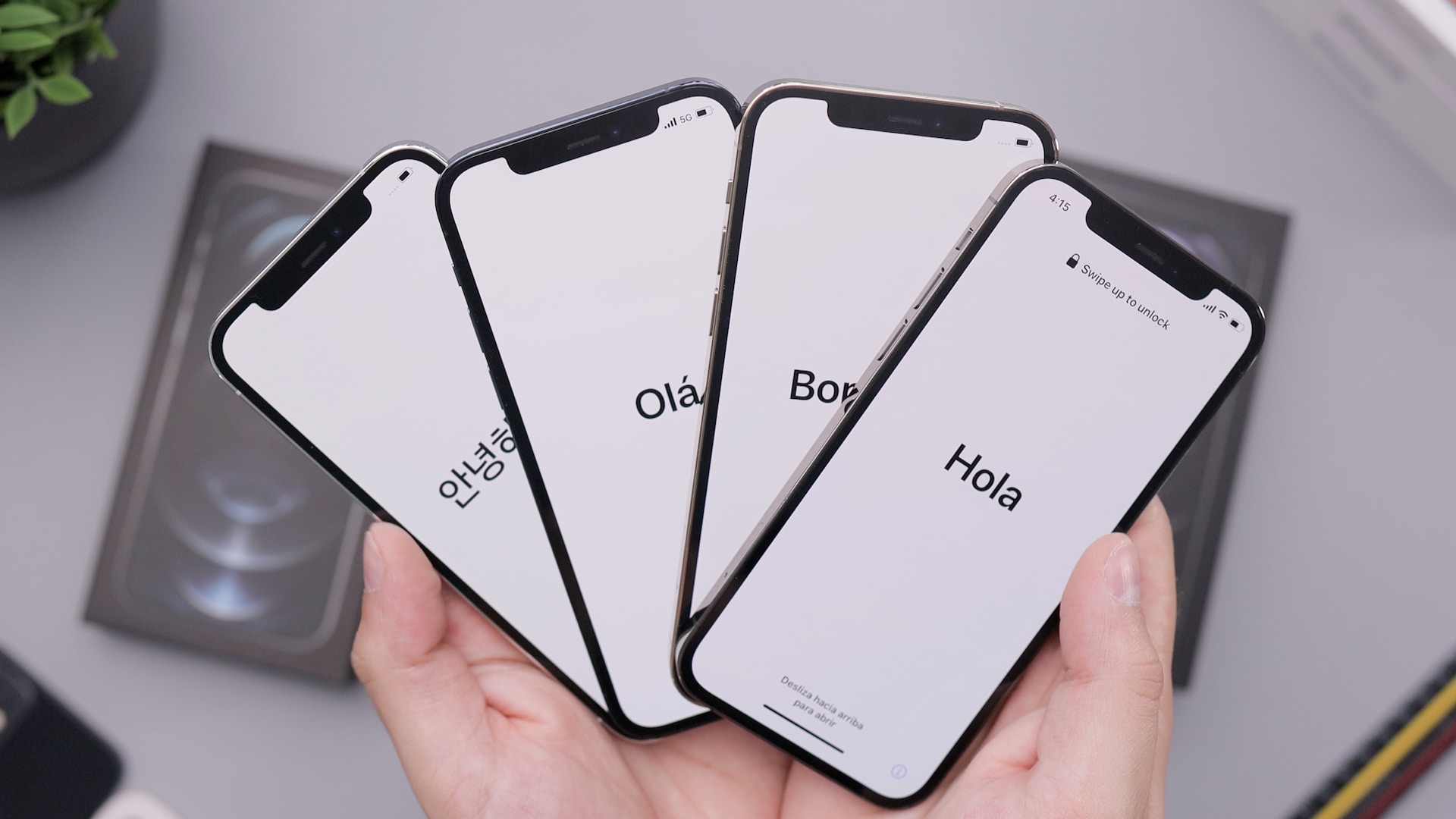Neurodivergent – a term coined by Judy Singer in 1998 to represent the beautiful population of individuals with neurological diversity. It has since become a well-known term and has been widely used and accepted by many, reminding us all of the valuable and distinct contributions made by those with neurological diversity.
It is paramount that we as organisations become more aware of mental health topics and are well-equipped to create a work environment that is neurodivergent-friendly and accommodating.
If you’re looking to create a neurodivergent-friendly workplace but don’t know where to start, you’ve come to the right place!
The author of this article is neurodivergent as well, and we are excited to share some insights with you!
Let’s dive in!
What is Neurotypical vs Neurodivergent?
Neurodivergent is a term that encompasses a wide range of neurological conditions, such as autism, ADHD, dyslexia, dyspraxia, and more. People who identify as neurodivergent have brains wired differently from what society is typically used to. Embracing neurodiversity means recognising and appreciating the unique strengths and perspectives that neurodivergent individuals bring to the table.
On the other hand, neurotypical refers to individuals whose brain development and cognitive functions align with what society defines as “typical”. While neurotypical individuals are in the majority, it’s essential to acknowledge and understand neurodiversity to foster an inclusive and supportive workplace.
The Spoon Theory
The Spoon Theory is an essential concept to understand when creating a neurodivergent-friendly workplace. It was coined by Christine Miserandino, who used spoons as a metaphor to explain the limited energy resources of individuals with chronic illnesses, which also applies to many neurodivergent individuals.
In this theory, every individual starts their day with a limited number of spoons that represent their energy levels. For neurodivergents, daily tasks, sensory stimuli, and social interactions can use up these “spoons” quickly, leaving them drained and overwhelmed.
The Spoon Theory is an excellent analogy to understand the energy levels and limitations that neurodivergent individuals might experience.

Consider this: A neurotypical individual starts their day with five spoons, but a neurodivergent individual starts their day with one, and even that spoon is plastic.
So neurodivergents start each day with a limited number of “spoons,” which represent a person’s energy and ability to handle tasks. Simple activities that may be easy for neurotypical individuals can consume more “spoons” for someone who is neurodivergent.
It’s crucial for employers and coworkers to be aware of this and offer understanding and flexibility.
10 Steps to Create a Neurodivergent-friendly Workplace
1. Flexible Work Hours and Environments
Recognise that neurodivergent individuals may work better during non-traditional hours or in different environments. Offering accommodating work arrangements can help them manage their energy levels and increase overall productivity.
Also, flexible work hours enable neurodivergent employees to schedule tasks during their peak energy times.
Hence, more productivity due to big brain energy and more progress! (It’s a Win-Win!)
2. Maximalism and Decoration
Embrace maximalism when it comes to workspace personalisation. Allowing neurodivergent employees to decorate their desks with colourful and visually stimulating elements can be incredibly beneficial. These visual stims can help improve focus and reduce stress, making the workspace more comfortable and conducive to productivity
Fun Fact: A neurodivergent person might stimm by rocking back and forth, humming, or twirling to soothe themselves. Similarly, they can experience "visual stimulation" from decorating.
3. Sensory Considerations
Be mindful of the workplace’s sensory environment. Reducing unnecessary noise, dimming bright lights, providing noise-cancelling headphones, or offering quiet spaces can make a significant difference in the comfort and focus of neurodivergent employees.
Designate quiet and sensory-friendly spaces where neurodivergent individuals can take breaks and recharge.
4. Communication and Feedback
Encourage open and direct communication. Some neurodivergent individuals might have challenges with social interactions, so providing clear feedback and avoiding ambiguous language and social jargon can be very helpful. This helps reduce ambiguity and potential stress in the long run.
Also, set clear expectations for tasks and deadlines and provide a structured work environment. This can help neurodivergent employees feel more organised and confident in their roles.
5. Training and Awareness
Conduct workshops and training sessions to educate all employees about neurodiversity and foster a culture of understanding and support.
Encourage open communication about individual needs and challenges to foster understanding and empathy among team members.
Also, provide access to resources to help employees learn more about neurodiversity and find ways to better support each other while reducing stigma in the workplace
6. Accommodations and Support
Provide reasonable accommodations based on individual needs. This could include access to assistive technology, flexible break times, or designated quiet areas.
7. Social Interaction Awareness
Foster an inclusive culture that respects neurodivergents’ social boundaries and communication styles. Provide tools and resources to help everyone understand and be more aware of different social interaction styles.
Encourage conversations about differences in social interaction and create an open and safe environment for everyone to express their own needs. Create a space where everyone feels respected and accepted.
8. Mentorship and Support
Pair neurodivergent employees with mentors or allies who can provide guidance and support, helping them navigate workplace challenges.
9. Anti-Discrimination Policies
Implement and enforce anti-discrimination policies that protect neurodivergent employees from any form of bias or mistreatment.
10. Celebrating Diversity
Celebrate the diverse talents and contributions of all employees, and a workplace culture that values neurodiversity enriches creativity, problem-solving, and innovation. Embrace neurodiversity as a valuable asset, appreciating the unique perspectives and strengths neurodivergent individuals bring to the team.
On an Ending Note:
Creating a neurodivergent-friendly workplace is an ongoing process that requires constant learning and adaptability. By prioritising inclusion, understanding, and support, you can foster an environment where all employees, regardless of neurodivergence or neurotypicality, can thrive and contribute their best.
By following these steps, you’ll be well on your way to creating a neurodivergent-friendly workplace that not only benefits your employees but also enhances your organisation’s overall success.
After all, it’s about celebrating the unique strengths and perspectives that each individual brings to the team. Together, we can build a more inclusive and understanding work environment for everyone.
Creating such a Workplace culture is a beautiful way to honour and recognise everyone’s differences!
For more articles, please visit our blog page!


